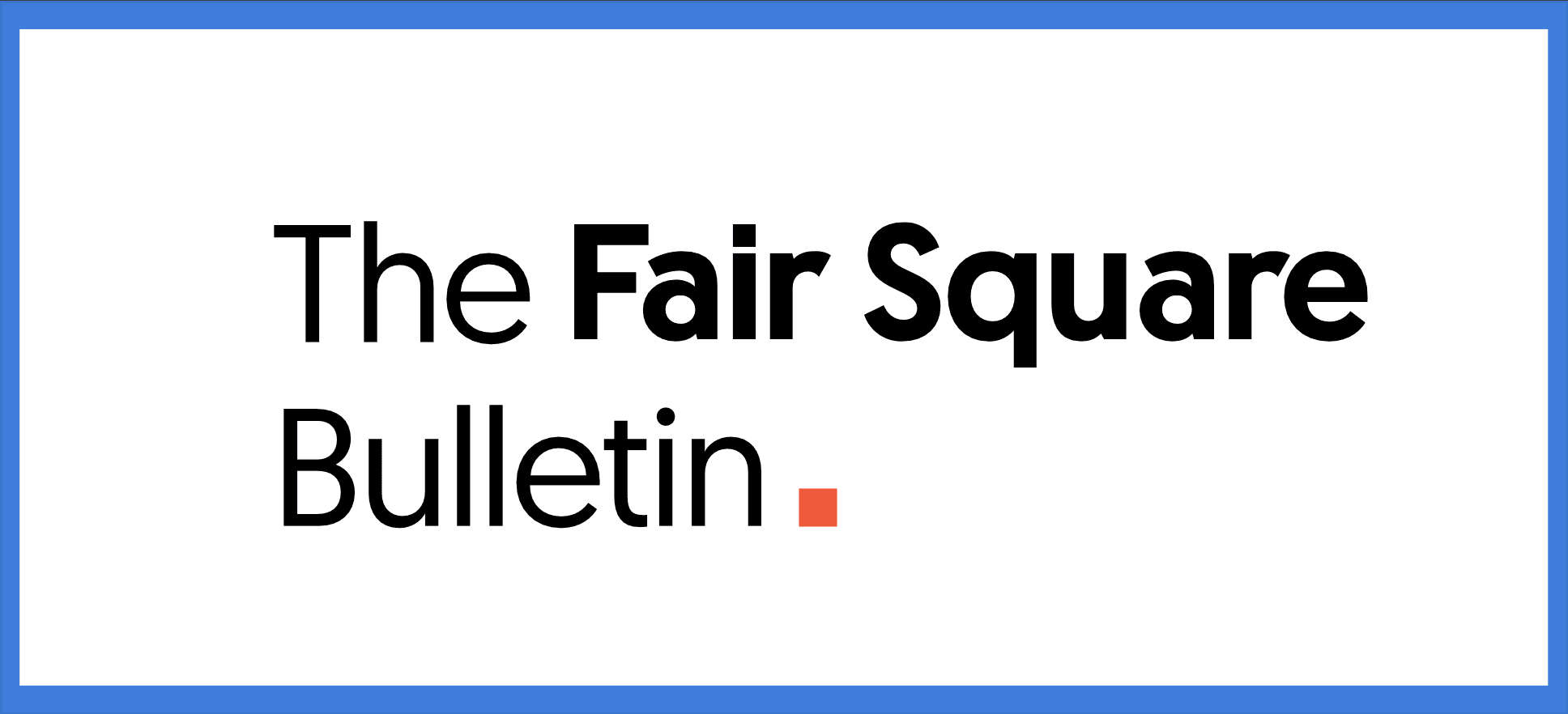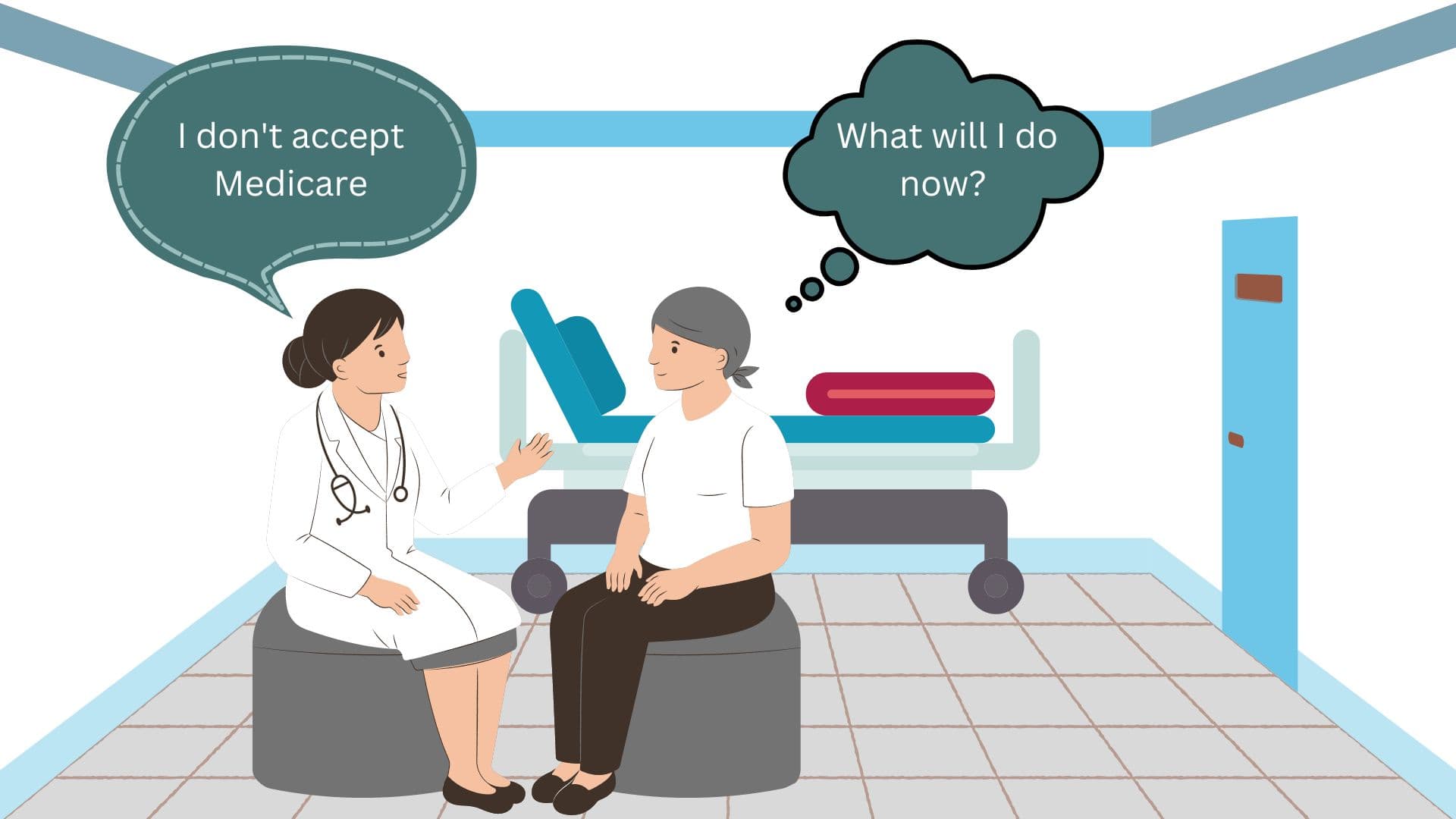Ways to Cover Your Hearing Aid Costs
Hearing loss is a common problem in the United States, especially as people get older. It can have a profound negative impact on a person's quality of life — leading to isolation, depression, and even dementia.
Speak with a Medicare Advocate
The technology in hearing aids has improved significantly. But over the years, the cost of these devices has skyrocketed — making them unaffordable for many Americans. People suffering from hearing loss can't get hearing aids because of the price.
If this applies to you or someone you know, you may wonder whether Medicare or some other program can help cover the cost.
Let's find out. We'll look at a few different Medicare plans and discuss how you can get coverage.
First Things First: How Much Do Hearing Aids Cost?
In 2023, hearing aids will cost between $2000 and $7000 per pair. The exact price depends on their type, model, and features.
Hearing aids come in both basic and advanced options.
The most high-tech ones use Bluetooth connectivity and artificial intelligence (these cost the most).
Hearing aid costs are often bundled. Bundles typically include hearing aids, a consultation, an initial fitting, and follow-up appointments. They also sometimes include a warranty, routine cleanings, and batteries.
If your plan doesn't cover hearing aids, you can reduce the initial cost by unbundling these services. In other words, separate the cost of the hearing aid from the associated services, and limit the number of follow-ups.
But first, let's see whether your insurance plan can help cover these costs.
Does Original Medicare Cover Hearing Aids?
No. Medicare doesn't cover hearing aids or exams for fitting hearing aids.
Individuals enrolled in Original Medicare must pay 100% of the costs for hearing aids and exams.
That said, Medicare does cover hearing tests under certain conditions.
Does Medicare Cover Diagnostic Hearing and Balance Exams?
Medicare Part B covers 80% of diagnostic hearing or balance exams.
You still need to pay a portion of the costs, which include:
20% of the Medicare-approved costs
Your annual Part B deductible ($226 in 2023)
A hospital copayment (if the tests are conducted in a hospital outpatient setting)
Do Medicare Advantage Plans Cover Hearing Aids?
Many Medicare Advantage Plans
If you're enrolled in a Medicare Advantage plan, your plan might cover the following costs:
Hearing aids
An earmold
Hearing aid batteries
Hearing test
Audiologist visits for fitting and adjustments
While many Medicare Advantage plans cover hearing aids, some provide coverage in only a few states, and others offer no coverage at all.
Your exact coverage depends on your plan and insurance provider. So, you might still need to pay a share of the costs. You should check with your provider to confirm what your plan covers.
Do Medigap Plans Cover Hearing Aids?
No. Medigap Plans don't cover hearing aids.
Medigap plans
However, Medigap plans can lower out-of-pocket expenses for doctor-recommended diagnostic hearing or balance exams. Original Medicare (or Medicare Part B) covers 80% of these tests. So, depending on your plan, you might pay under 20% or nothing at all.
How Else Can I Get Help to Pay for My Hearing Aids?
If you're not enrolled in a Medicare Advantage plan that covers hearing aids, you can still get help in the following ways:
Medicaid
Medicaid
You qualify based on your income
It's available in the state in which you reside
Retiree Coverage
Retiree health insurance plans may cover hearing tests and hearing aids to some extent.
If you're a federal retiree under the Federal Employees Dental and Vision Insurance Program (FEDVIP) or Federal Flexible Spending Account Program (FSAFEDS)
Veterans Health Care
The U.S. Department of Veterans Affairs (VA)
This program provides hearing aids, repairs, and future batteries at no charge —as long as individuals maintain VA eligibility.
Discount Programs
You can also look for discounts on hearing aids. Shop around, join a discount program, or look for membership discounts.
Ask your healthcare provider for resources and information.
Local Agencies and Programs
Various programs — Kiwanis Club or Lions Club — offer financial aid to individuals seeking hearing assistance. Check with your hearing specialist about options in your area.
Can I Buy Over-The-Counter Hearing Aids?
As of October 2022, you can purchase over-the-counter (OTC) hearing aids cost between $200 and $3000
Will Medicare Cover Over-The-Counter Hearing Aids?
It's unknown whether Medicare Advantage plans will cover OTC hearing aids.
Some Medicare Advantage plans may include them in their OTC supplemental benefits — which provide coverage for drugs and other drugstore items. Talk to your insurance provider to verify your plan's OTC coverage.
Why Doesn't Medicare Cover Hearing Aids?
There are a few historical reasons why Medicare doesn't cover hearing aids:
Hearing aids used to be less expensive
When the Medicare Act of 1965 established Medicare — a health insurance program designed for seniors — hearing aids and exams were relatively affordable.
Age-related hearing loss wasn't as common
As the average lifespan has increased over the years, people are living long enough to develop hearing problems.
We didn't understand the social-emotional impact of hearing loss
Not many people realized that it could lead to depression and social isolation, so treating it wasn't a priority.
Will Medicare Cover Hearing Aids in the Future?
The H.R.5376 Build Back Better Act could extend Medicare coverage to hearing aids and treatment.
This bill was presented to Congress in November 2021. The House approved it, and now the Senate is reviewing it.
If the bill passes, Medicare will cover hearing aids in the future.
Takeaway
While Original Medicare and Medigap don't cover hearing aids, some Medicare Advantage Plans do.
If your current plan doesn't cover the hearing services you need, you may be able to switch
If comparing different plans Fair Square Medicare
Recommended Articles

Does Medicare Cover Orthodontic Care?
Nov 18, 2022

Does Medicare cover Deviated Septum Surgery?
Nov 18, 2022

Does Your Plan Include A Free Gym Membership?
Jul 12, 2023

Does Medicare Cover Breast Implant Removal?
Jan 5, 2023

Welcome to Fair Square's First Newsletter
Feb 28, 2023

Does Medicare Cover Krystexxa?
Nov 18, 2022

Does Medicare Pay for Allergy Shots?
Nov 29, 2022

Seeing the Value in Fair Square
May 15, 2023

What You Need to Know About Creditable Coverage
Jan 18, 2023

How Does the End of the COVID-19 Public Health Emergency Affect Your Medicare?
Mar 3, 2023

Do You Need Books on Medicare?
Apr 6, 2023

What to Do When Your Doctor Doesn't Take Medicare
Feb 24, 2023

How Much Does Trelegy Cost with Medicare?
Jan 24, 2023

Does Medicare Cover Abortion Services?
Dec 13, 2022

Medigap vs. Medicare Advantage
May 25, 2020

Medicare Deductibles Resetting in 2025
Jan 18, 2024

14 Best Ways for Seniors to Stay Active in Washington, D.C.
Mar 11, 2023

What Are Medicare Part B Excess Charges?
Jan 6, 2023
More of our articles
10 Top Medicare Supplement (Medigap) Companies for 2025
13 Best Ways for Seniors to Stay Active in Columbus
13 Best Ways for Seniors to Stay Active in Philadelphia
13 Best Ways for Seniors to Stay Active in Phoenix
15 Best Ways for Seniors to Stay Active in Denver
2024 Fair Square NPS Report
2025 Medicare Price Changes
Can I Have Two Primary Care Physicians?
Can I Laminate My Medicare Card?
Can Medicare Advantage Plans be Used Out of State?
Do All Hospitals Accept Medicare Advantage Plans?
Do I Need Medicare If My Spouse Has Insurance?
Does Medicare Cover a Spinal Cord Stimulator?
Does Medicare Cover an FMT?
Does Medicare Cover Bariatric Surgery?
Does Medicare Cover Bladder Sling Surgery?
Does Medicare Cover Boniva?
Does Medicare Cover Cala Trio?
Does Medicare Cover Cartiva Implants?
Does Medicare Cover Cataract Surgery?
Does Medicare Cover Chiropractic Visits?
Does Medicare Cover Cosmetic Surgery?
Does Medicare Cover Driving Evaluations?
Does Medicare Cover Fosamax?
Does Medicare Cover Ilumya?
Does Medicare Cover Incontinence Supplies?
Does Medicare Cover Iovera Treatment?
Does Medicare Cover Kyphoplasty?
Does Medicare Cover Linx Surgery?
Does Medicare Cover LVAD Surgery?
Does Medicare Cover Medical Marijuana?
Does Medicare Cover Piqray?
Does Medicare Cover PTNS?
Does Medicare Cover Robotic Surgery?
Does Medicare Cover RSV Vaccines?
Does Medicare Cover Scleral Lenses?
Does Medicare Cover Service Animals?
Does Medicare Cover SI Joint Fusion?
Does Medicare Cover Tymlos?
Does Medicare Cover Urodynamic Testing?
Does Medicare Cover Xiafaxan?
Does Medicare Pay for Antivenom?
Does Retiring at Age 62 Make Me Eligible for Medicare?
Explaining IRMAA on Medicare
Explaining the Different Enrollment Periods for Medicare
Fair Square Bulletin: We're Revolutionizing Medicare
Gap Health Insurance: The Secret Sidekick to Your High-Deductible Plan
How Do I Sign up for Medicare? A Simple How-To Guide For You
How Does Medicare Cover Colonoscopies?
How Much Does Medicare Part A Cost in 2025?
How Much Does Open Heart Surgery Cost with Medicare?
How Often Can I Change Medicare Plans?
How to Become a Medicare Agent
How Your Employer Insurance and Medicare Work Together
Is Fair Square Medicare Legitimate?
Is Gainswave Covered by Medicare?
Is HIFU Covered by Medicare?
Medicare Advantage Plans for Disabled People Under 65
Medicare Explained
Medicare Guaranteed Issue Rights by State
Moving? Here’s What Happens to Your Medicare Coverage
Saving Money with Alternative Pharmacies & Discount Programs
Should You Work With A Remote Medicare Agent?
The Fair Square Bulletin: October 2023
Turning 65 and Thinking of Keeping COBRA? Here’s Why It Usually Backfires
What Does Medicare Cover for Stroke Patients?
What If I Don't Like My Plan?
What is a Medicare Beneficiary Ombudsman?
What Is a Medicare Supplement SELECT Plan?
What Is Medical Underwriting for Medigap?
What's the Deal with Flex Cards?
When Can You Change Medicare Supplement Plans?
Get the Fair Square Bulletin
Medicare savings tips, helpful guides, and more.
Virgil Insurance Agency, LLC (DBA Fair Square Medicare) and www.fairsquaremedicare.com are privately owned and operated by Help Button Inc. Medicare supplement insurance plans are not connected with or endorsed by the U.S. government or the federal Medicare program. This is a solicitation of insurance. A licensed agent/producer may contact you. Medicare Supplement insurance is available to those age 65 and older enrolled in Medicare Parts A and B and, in some states, to those under age 65 eligible for Medicare due to disability or End-Stage Renal disease. Virgil Insurance Agency is a licensed and certified representative of Medicare Advantage HMO, HMO SNP, PPO, PPO SNP and PFFS organizations and stand-alone PDP prescription drug plans. Each of the organizations we represent has a Medicare contract. Enrollment in any plan depends on contract renewal. The plans we represent do not discriminate on the basis of race, color, national origin, age, disability, or sex. Plan availability varies by region and state. For a complete list of available plans please contact 1-800-MEDICARE (TTY users should call 1-877-486-2048), 24 hours a day/7 days a week or consult www.medicare.gov. © 2026 Help Button Inc
We do not offer every plan available in your area. Any information we provide is limited to those plans we do offer in your area. Please contact Medicare.gov or 1-800-MEDICARE to get information on all of your options.
MULTIPLAN_FairSquareMedicare_01062022_M
Fair Square Medicare


